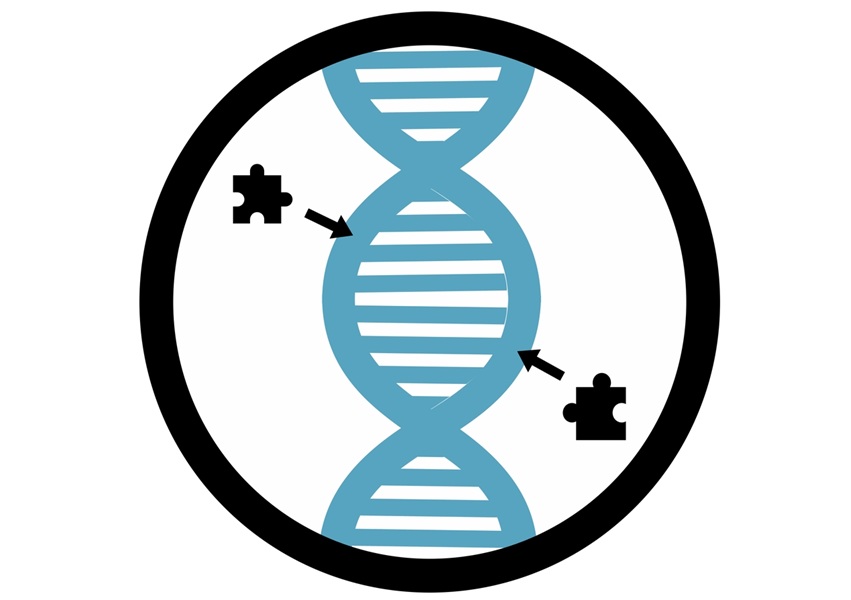Newly Developed Test Detects Menkes Disease at Birth
By Labmedica staff writers
Posted on 19 Feb 2008
A newly developed test could greatly extend the survival of infants with Menkes disease, a rare, otherwise fatal disorder of copper metabolism. The test allows for early diagnosis of the condition, when the chance for successful treatment is greatest.Posted on 19 Feb 2008
Menkes disease results in irreparable damage to the brain and nervous system if untreated. Treatment consists of injections with a copper-containing drug. Children with Menkes disease typically die during the first decade of life. Previously, there was no blood test for early detection of Menkes disease.
A study was performed to detect Menkes disease in neonates that eventually may provide the basis for a newborn screening test. The study was a collaboration between investigators in the U.S. National Institute of Child Health & Human Development (NICHD; Rockville, MD, USA), the U.S. National Institute of Neurological Disorders and Stroke (NINDS; Bethesda, MD, USA), and the U.S. National Institutes of Health Clinical Center (Bethesda, MD, USA). The NINDS researchers contributed expertise in testing for nervous system chemicals known as catecholamines. Catecholamine levels are determined by a copper-dependent enzyme and for this reason are abnormal in Menkes disease infants.
The disease is caused by a defect in a gene that regulates copper levels in the body, explained Stephen G. Kaler, M.D., clinical director of the NICHD and lead author of the study. This defect, in the gene designated ATP7A, causes abnormally low levels of copper in the brain and liver as well as excessive amounts of copper in the kidneys and intestines. The defective gene in Menkes disease is located on the X chromosome. Because males have only one X chromosome, they have a single copy of the ATP7A gene and thus severely affected by the disorder.
Based on catecholamine levels, the investigators predicted 12 male newborns would develop Menkes disease and administered the copper-containing drug, beginning at a very early age. DNA studies of the ATP7A gene confirmed the diagnosis in each case. The infants were given the copper injections for three years, receiving two shots daily for the first year and one shot a day during the second and third years. The infants were followed throughout childhood to track their survival rates and mental development. Those who received injections soon after birth had a much greater survival rate when compared with a previously documented group of Menkes disease infants who had not received early copper injections.
When Dr. Kaler and his colleagues examined the nature of the defect in the boys' ATP7A gene, they found that boys with particular alterations in the gene responded better to the copper injections than did boys with other defects in the gene. They demonstrated that the ATP7A genes of the boys who had the best clinical responses to the copper injections retained some rudimentary capacity to regulate copper.
"I think our findings may be especially meaningful to parents who have suffered due to this condition and lost children to it.” Dr. Kaler said. "Menkes disease and other rare disorders of childhood convey a burden to families that is unfair and underappreciated. That a disorder occurs rarely is meaningless if one's child, grandchild, or sibling is affected.” He added that while additional treatment approaches are still needed for many Menkes patients, the present work signals the beginning of an era when the parents of any infant born with this disease can anticipate better clinical outcomes.
The study is described in the February 7, 2008, New England Journal of Medicine (NEJM).
Related Links:
National Institute of Child Health & Human Development (NICHD)
National Institute of Neurological Disorders and Stroke
National Institutes of Health Clinical Center







 Analyzer.jpg)





